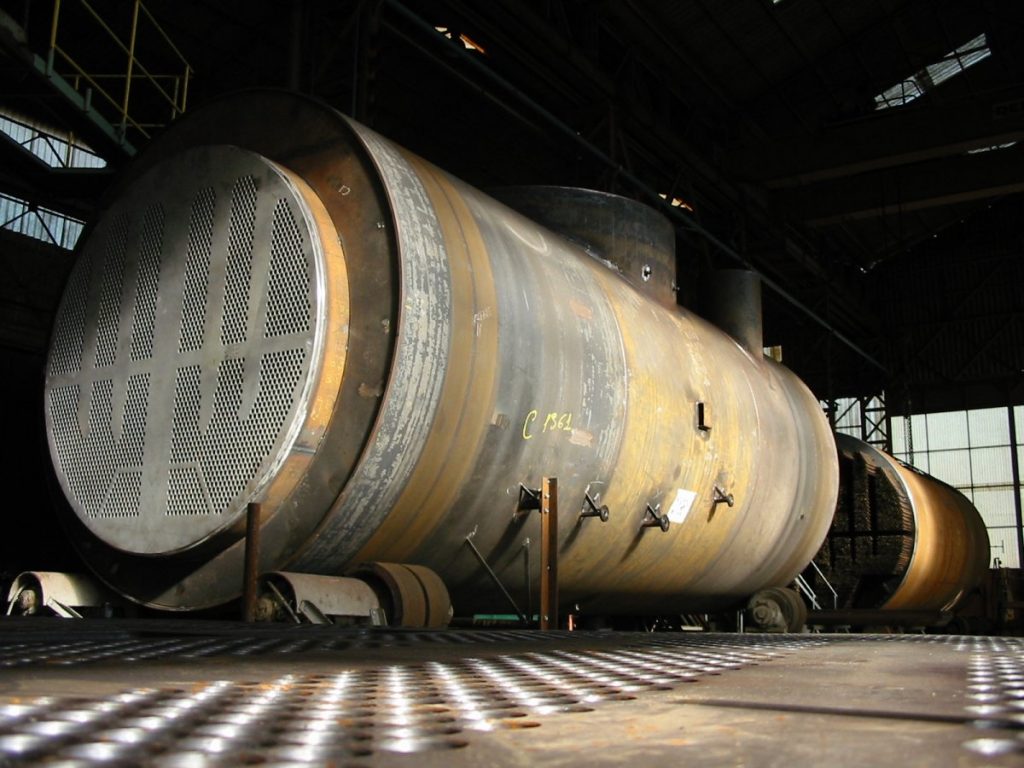Material of Construction of Surface Condenser?
Material of Construction (MOC) for a surface condenser is critical for its longevity, performance, and economics. The selection is primarily driven by the need to resist corrosion and erosion from two main sources: the cooling water inside the tubes and the steam/condensate on the shell side.
There is no single “best” material; the choice is a careful balance between the water quality, operating environment, and cost.
The most aggressive environment is usually the cooling water flowing inside the tubes. Therefore, the tube material is the most carefully selected component. The rest of the condenser is typically made from materials compatible with the tube choice and the external environment.
Materials for Key Components
1. Condenser Tubes (The Most Critical Choice)
This is where the highest performance and corrosion-resistant materials are required.
| Material | Typical Use Case | Advantages | Disadvantages |
| Admiralty Brass (C44300) | Freshwater (Rivers, Lakes, Cooling Towers). The historical standard. | Excellent heat transfer, good corrosion resistance, cost-effective. | Susceptible to dezincification in water with high chlorides/Solids, and to ammonia attack from steam side. |
| Cupronickel (90-10 or 70-30) | Brackish water, Seawater. | Superior resistance to seawater corrosion, erosion, and ammonia attack. Very reliable. | More expensive than brass, lower heat transfer coefficient than Admiralty. |
| Stainless Steel (SS 304, SS 316) | Clean freshwater, high-velocity applications. | High strength, resistant to erosion, good general corrosion resistance. | Prone to pitting and chloride Stress Corrosion Cracking (SCC), especially in stagnant or chloride-containing water. |
| Super Ferritic Stainless Steel (e.g., Sea-Cure®) | Highly corrosive waters, especially seawater. | Excellent resistance to pitting and chloride stress corrosion cracking. | More expensive than standard SS, requires careful fabrication. |
| Titanium (Grade 2) | The premium choice for seawater cooling. Modern standard for coastal plants. | Outstanding corrosion resistance in chloride/sulphate waters, immune to pitting & SCC, excellent erosion resistance. | Highest initial cost, can be susceptible to biofouling without treatment. |
